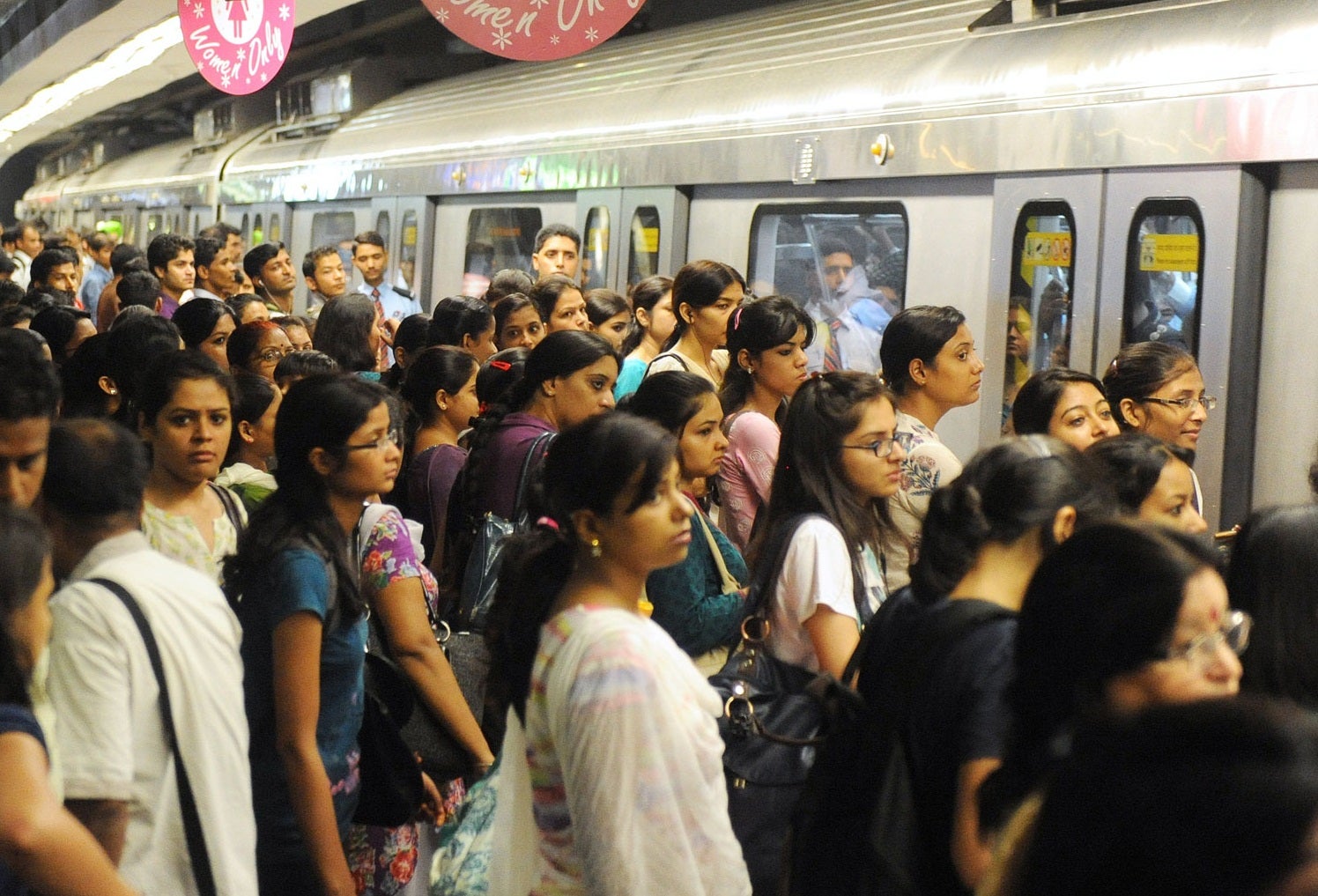India needs fixing – financially and morally
The country's most famous economists, Amartya Sen and Jagdish Bhagwati, have different solutions. But both ignore one key problem


Suddenly India, which was creaming along for years with growth rates of nearly 10 per cent, is in serious trouble: this week the rupee plunged to a new, historic low against the dollar; growth has slumped to 5 per cent; inward investment is barely 10 per cent of China’s. And the economists setting policy at the Reserve Bank of India seem in a panic. In a nutshell, their dilemma is simple: raise interest rates to restore foreign confidence in the rupee and you risk choking off the paltry growth that remains. Keep the rates where they are and the rupee will continue to slide, making the energy imports the economy depends on ever dearer. India is in a grievous fix.
The years of growth have wrought great and important changes in a country to which change has never come easily. And many of these changes affect the (relatively) poor as well as the rich. Ten years ago, the only really cheap way to negotiate Delhi was on the terrifyingly accident-prone public buses, crammed with passengers, where women risked molestation or worse. Today the city has a fine though far from comprehensive subway system, built by the Japanese, and getting around is a much less brutal affair. In cities across the country, the housing situation has been transformed, with millions moving into modern apartments. Middle-class India, which includes millions on incomes that would never give them that status elsewhere, is in a different place now.
Yet the poor remain, in their hundreds of millions. And the more gleaming the shopping malls, the more congested the roads and the more fatuously consumerist the private television broadcasting, the more startling is India’s failure to deal with the one problem that stuns every first-time foreign visitor the moment they leave the airport.
Now India’s two most famous economists have joined battle on the issue: both educated at Cambridge, both professors at top American universities, both widely admired far beyond India. And with radically different ideas for tackling poverty.
Amartya Sen, the Nobel prizewinner, argues in his latest book, An Uncertain Glory, that the reason India is stuck is because the state has failed to invest adequately in health, education and welfare. “Rapid economic growth has not achieved much … to reduce India’s horrendous levels of child under-nourishment,” he writes. This government, he adds, thinks “that the only thing that works is business”.
Jagdish Bhagwati, who also has a book to promote, is equally earnest about abolishing poverty but says the public provision beloved of Sen has failed: the only hope is to build up growth again and let the wealthy, inspired by the charitable traditions of religious groups such as the Jains and Vaishnavite Hindus, help the poor from their own pockets.
Best of luck to these two Titans with their new books, and to the parties with which they are identified, Congress and the Hindu Nationalist BJP respectively, in next year’s general election. But with all due respect, there is an elephant in the room and both are tiptoeing around it.
I have seen poverty in India, and I have seen how charity deals with it. I remember the throngs of skeletal beggars outside Karim’s restaurant in Old Delhi, crouching and cringing outside the window as the manager doles out curry, doing his religious duty. Likewise I recall how populist politicians fire up their poor constituents with rhetoric about “development”, only to plunder the public purse savagely once re-elected.
Poverty in India is structural: inequality was ordained millennia ago by religion, and even today it is nice for the middle class to have a healthy supply of cheap servants to work half to death and pay peanuts to. India is in an economic fix, but its moral fix has even deeper roots.
Vatican gets a breath of fresh air
The Vatican has a new public face, and if you didn’t believe that Pope Francis was serious about ringing the changes, think again. She (yes, she) is 30, has a long mane of auburn hair, and has uploaded a photo of herself and her boyfriend topless (not showing anything though) on the internet.
And that’s not the half of it. Francesca Chaouqui is from the southern Italian province of Calabria, and is half-Moroccan. One British correspondent who knew her when she worked in the Rome office of an American law firm called her “a striking and energetic woman” who “displayed a bluntness and thrusting ambition that is typical in New York but rare in more diplomatic, Machiavellian Rome”.
To say that Ms Chaouqui is a breath of fresh air would be an understatement. The Vatican wrote the book on “mealy- mouthed”: persuading anybody in that organisation to say anything of substance requires years of patient effort, and even then it won’t be on the record. Ms Chaouqui, by contrast, the only woman appointed to the Pope’s commission for cleaning the Augean stables of Vatican finance, is a veteran tweeter who has damned Tarcisio Bertone, the unpopular Secretary of State, as “corrupt” and described the papal butler jailed for leaking papal documents as a “scapegoat”. It will be interesting to follow the progress of this human missile through those musty corridors.

Join our commenting forum
Join thought-provoking conversations, follow other Independent readers and see their replies